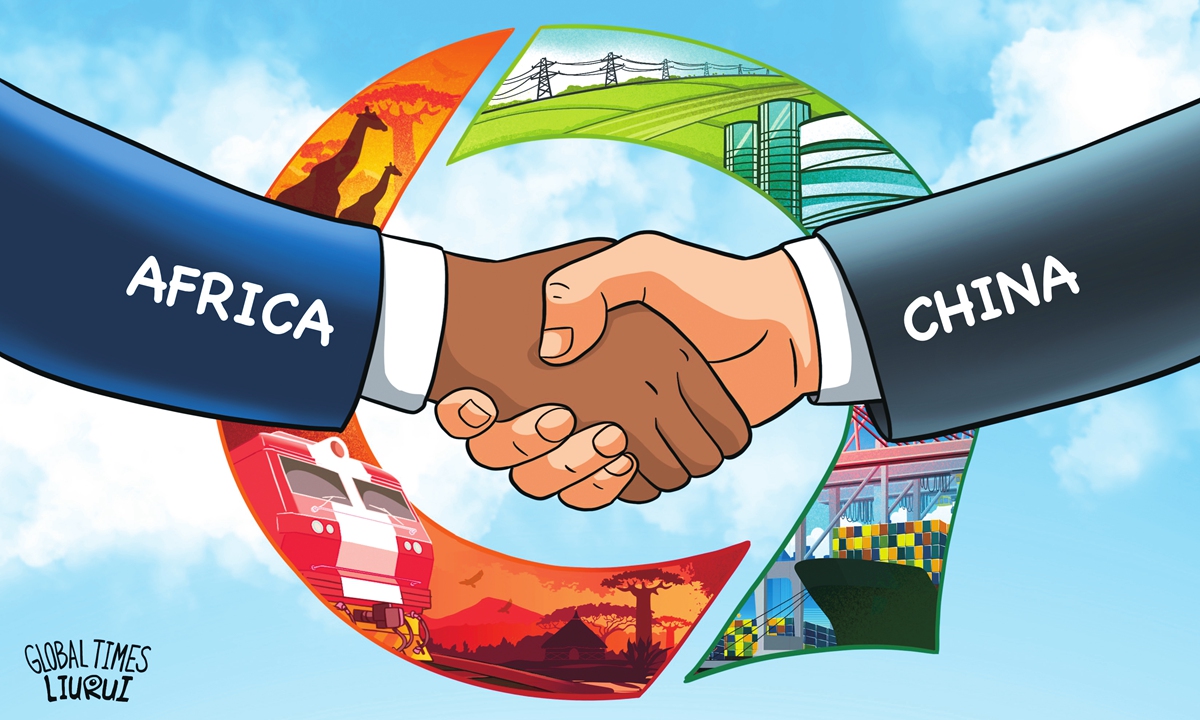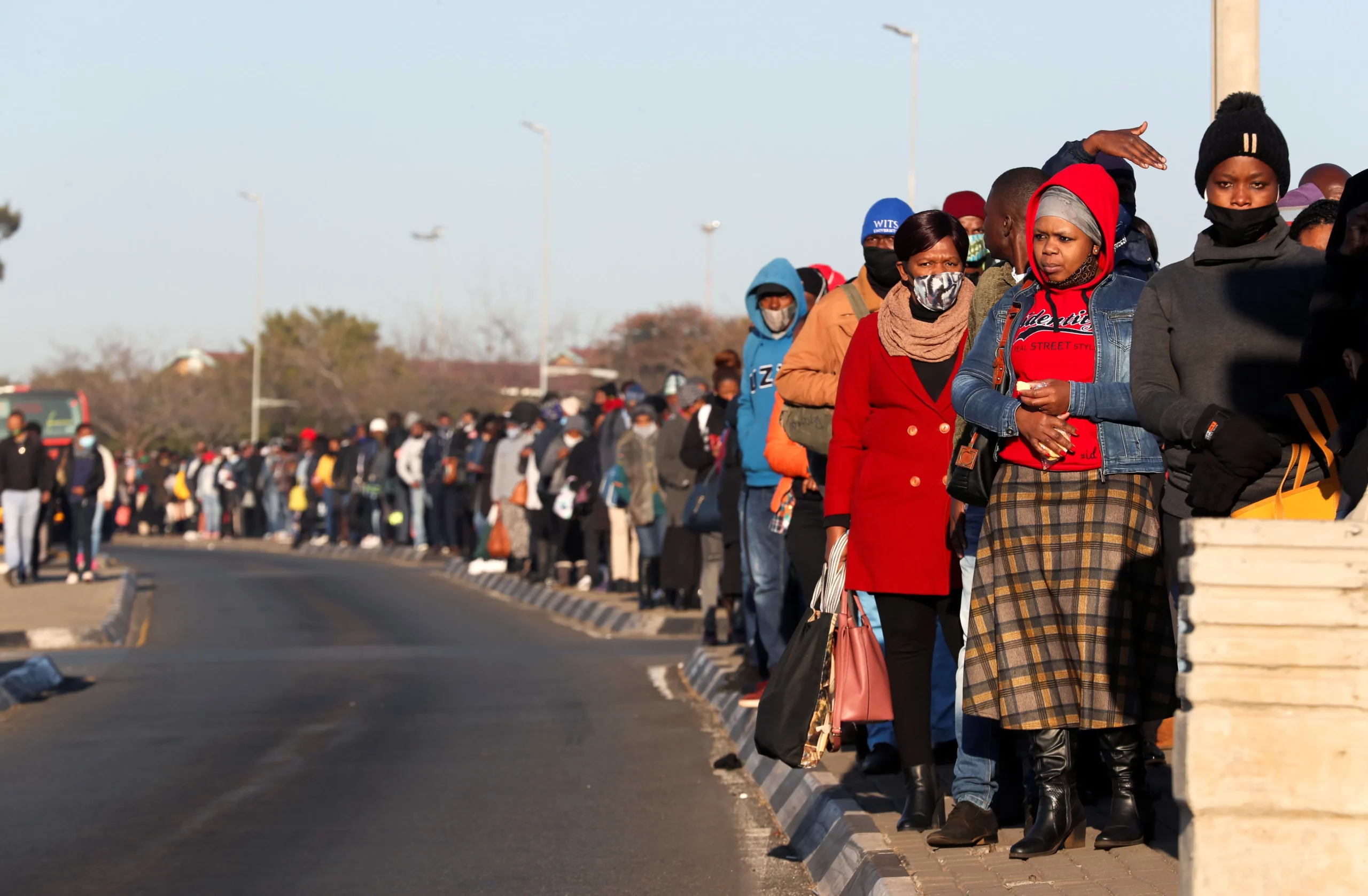As tensions surge between the world’s two largest economies, China is ramping up its global diplomacy, holding strategic talks with Saudi Arabia and South Africa to counterbalance the United States’ sweeping new tariffs.
China’s commerce minister Wang Wentao recently held virtual meetings with his counterparts in Saudi Arabia and South Africa, focusing on responses to U.S. “reciprocal tariffs” and fortifying economic cooperation amid growing protectionism. The discussions underscored China’s pivot toward the Global South, as it seeks to bolster alliances within BRICS, the G20, and other multilateral platforms. Officials emphasized a shared commitment to open trade, multilateralism, and stabilizing global supply chains — now strained by Washington’s tariffs of up to 125% on Chinese imports. Beijing retaliated with tariffs of its own, sparking fresh market volatility and disrupting trade flows vital to Africa and Asia.
The tit-for-tat measures have deepened fears of a global trade realignment, potentially accelerating South-South cooperation. The U.S. tariffs and tensions with China have “huge implications for the entire system that we know, globalization, issues of rules, the WTO, the G20 … we are up for a rocky four years of his rule,” said Professor David Monyae of the University of Johannesburg. South Africa. “At the moment … everyone else is also going to China, but the lessons we have learnt is not to put all our eggs in one basket. I think we need to also expand into Japan, other Asian markets and Latin America.” Meanwhile, concerns grow in Africa where many economies depend on affordable Chinese goods and investment. As trade frictions escalate, Beijing’s message is clear: multilateral cooperation, not tariffs, is the path to global economic resilience.



